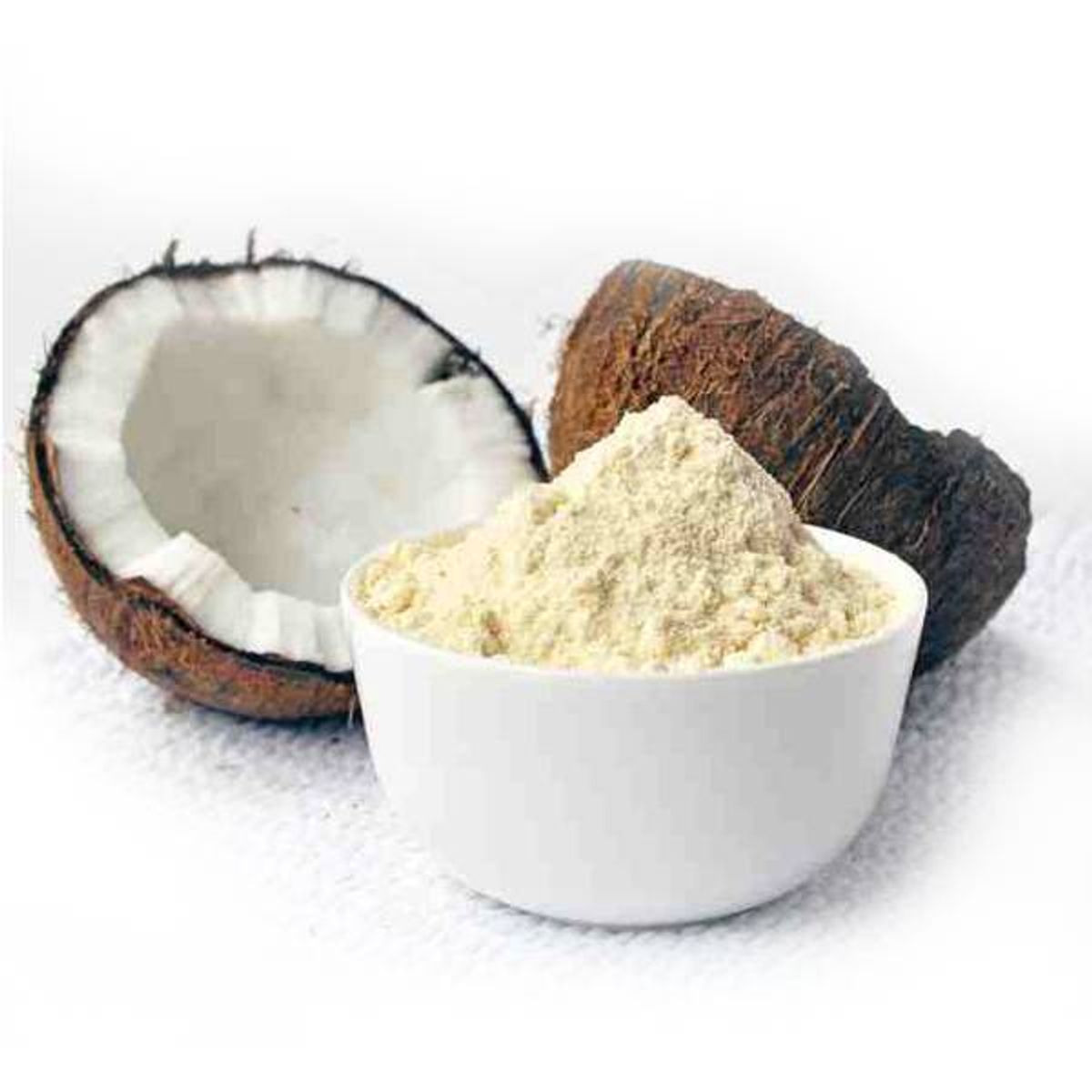
Get to Know Coconut Flour
You've met all-purpose flour, almond flour, bread flour, and wheat flour, but have you ever heard of coconut flour?
Coconut flour is made from dried, ground coconut flesh, which are the by-product of coconut milk production. The coconut flesh would be grounded into fine soft powder that is similar to most flours. It does not have an overpowering coconut taste and smell. On the contrary, it is rather subtle and mild, which can be blended with other flavours in baking or cooking to cover up the coconut aroma.
Coconut flour is unique
- It is grain- and gluten-free
- Very suitable alternative for people who have gluten-sensitivity problems and allergies
- Considered a nutrient-rich option
- Contains trace minerals like iron, manganese, potassium, selenium, phosphorus and vitamin B6
- Low in carbohydrates and cholesterol
- High in protein, healthy fat and fiber content
However, coconut flour can’t plainly substitute other types of flour. Coconut flour is very absorbent. You would need to add extra liquids or eggs during the baking process. One cup of ordinary flour provides similar effect to ¼ of a cup of coconut flour. With every ¼ cup of coconut flour, one egg is required. So, if you’re not too sure how to use coconut flour, it is recommended to try out recipes that already include coconut flour.
Time to give Medella’s Organic Coconut Flour a try! You can try Medella’s Wholemeal Coconut Flour too! It differs only by the addition of Coconut Testa (which have additional health benefits).
References:
Greaves, V 2016, All About Coconut Flour, Plus 10 Ways to Bake With It, allrecipes, <https://www.allrecipes.com/article/all-about-coconut-flour/>.
McGruther, J 2019, Coconut Flour, Nourished Kitchen, <https://nourishedkitchen.com/baking-with-coconut-flour/>.
The Neff Kitchen, Coconut Flour: How To Cook With This Gluten Free Option, <https://theneffkitchen.com.au/technique/coconut-flour-cook-gluten-free-option/>.




